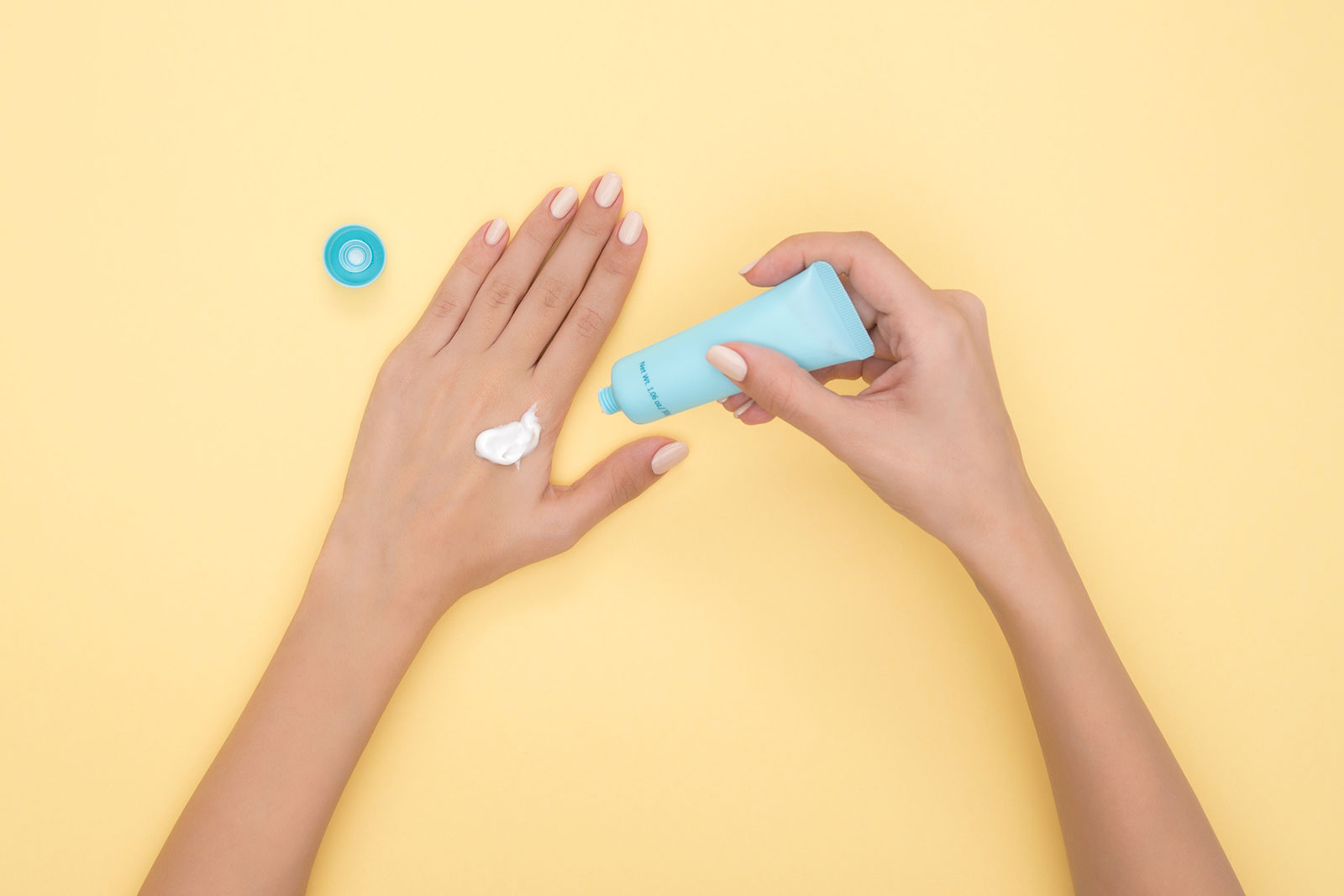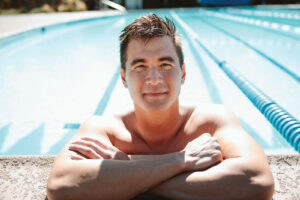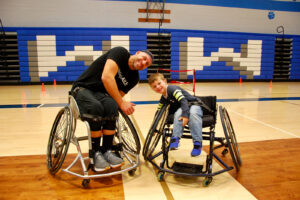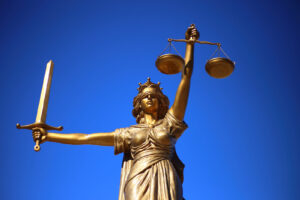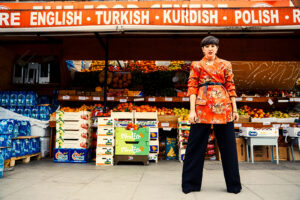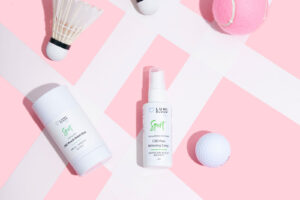Growing up in the South, just a few hours from the coast, I spent every summer at the beach. We’d go several times a year, most often to my grandfather’s house on North Carolina’s Outer Banks. My sister and I would spend entire days outdoors, frolicking in the surf and building sandcastles, paying little mind to our skin baking to a fiery red in the unrelenting sun. The fun of those vacations was often tempered with painful evenings marked by the medicinal aroma of creamy Noxema slathered on to help ease the sting of our sunburns.
But as an adult, I tried to do better. I know the importance of sun safety and wearing sunscreen. I’m always sure to slather on at least SPF 30 at the beach, and I try to avoid prolonged exposure during peak sun hours. I thought I was doing a good job of taking care of my skin.
But that all changed after I noticed a strange lump in my left breast in 2016. Since I’d been breastfeeding my son, I figured it was probably just a clogged duct but decided to get it checked out just to be safe. I was shocked to learn after an ultrasound, mammogram, and needle biopsy that the lump was actually stage IIA invasive ductal carcinoma. I was only 37 years old.
Because of my age, my oncologist ordered genetic testing, which revealed that I am positive for the BRCA2 gene mutation. This mutation not only increases a carrier’s risk of breast cancer, but ovarian, pancreatic, and prostate cancers, as well. Some research suggests there could even be a link to increased risk of melanoma.
I believe there was still a part of me that subscribed to the youthful mistake of thinking I was invincible. Cancer happens to other people, older people, not me.
Suddenly, I could only think about all of the sun safety mistakes I’d made in the past: all those childhood sunburns at the beach, sunbathing with tanning oil as a teen, roasting in tanning beds during my 20s. Being fair-skinned, I’m more likely to freckle and burn than tan, but that didn’t stop me from doggedly pursuing a golden glow during my younger years.
When I turned 30, I swore off the tanning beds and sun oils for beach cover-ups and a good moisturizer. At the time, the change was spurred more by vanity than anything else. I didn’t want to hasten the wrinkles and age spots I knew were in my future.
But even with my newfound skincare routine, I still made mistakes: forgetting to reapply sunscreen at the pool, choosing a lotion without enough SPF, ignoring vulnerable spots like the part in my hair and around my ears. I believe there was still a part of me that subscribed to the youthful mistake of thinking I was invincible. Cancer happens to other people, older people, not me.
Then I got breast cancer, and that diagnosis coupled with my BRCA status left me feeling completely out of control. Knowing that your own genes can make your cells go haywire and grow tumors is terrifying. Even after chemotherapy and a clean post-surgery pathology report, I was filled with fear that my cancer would return or metastasize. My anxiety kept me up at night, and I would obsessively Google symptoms on my phone. Did that backache mean the cancer was in my bones? Was my headache merely from stress or a brain tumor that metastasized from my breast cancer?
I couldn’t control my genetics, but I could take steps to reduce the likelihood that cancer would strike again.
One way I found to manage that anxiety was to do everything in my power to prevent another cancer diagnosis. I had a bilateral mastectomy because I knew removing the affected breast wasn’t enough. I didn’t want to constantly be haunted by the specter of recurrence in my other breast. And I had a preventative oophorectomy to reduce my risk of ovarian and fallopian tube cancer. I couldn’t control my genetics, but I could take steps to reduce the likelihood that cancer would strike again.
Once I’d wrapped up my chemo and surgeries, about a year post-diagnosis, I also turned my attention to my skin. I’d never really given all my moles and freckles a second thought, but now I scrutinized any irregularity. I know I should’ve long been having regular skin checks with a doctor, but suddenly that need seemed much more urgent. So, I made an appointment with the dermatologist.
At the dermatologist’s office, I nervously donned a paper robe and waited for the doctor. I held my breath as he analyzed every inch of my body, pausing occasionally to make notes. By this point, I’d endured enough nerve-wracking doctor’s appointments to know that the news could be very bad. But that day, I got a reprieve—everything looked normal, and the doctor assured me that my skin was in good shape. Cue the relief.
Now it was on me to keep it that way. Wearing sunscreen at the beach or pool was a no-brainer. But exposure to the sun happens every day, and it’s not enough to just wear sunscreen when I’m playing. So, I switched my daily moisturizer to one that also includes at least SPF-30 protection, and I make sure to apply it to any part of my body that is exposed to the sun.
Taking charge of my health in any way I could [...] gave me back a sense of control over my fate. It may be a small thing, but for me it feels like a huge victory.
For days at the pool and beach, I make sure to cover every bit of exposed skin with either SPF 30 or 50 sunscreen, making certain to hit every spot, including my hair part, ears, and other less-obvious places. And applying once isn’t enough. I monitor the time and reapply every couple of hours to make sure I’m protected throughout the day. I’ve also added hats to my pool and beach attire to protect the top of my head, ears, and face, and I invested in cover-ups to protect the skin on my body when I’m not in the water.
Instead of baking in the sun as long as possible to build that golden glow, I take breaks from exposure when I’m outdoors. Sitting in the shade of an umbrella or porch allows me to not only cool off, but also enjoy being outside without putting my skin health at risk. I’ve also become a big fan of self-tanning lotions and spray tans. They allow me to get a little color without damaging my skin.
After a cancer diagnosis, the feelings of anxiety and loss of control can be overwhelming. But for me, taking charge of my health in any way I could—like getting serious about protecting my skin from melanoma and other skin cancers—gave me back a sense of control over my fate. It may be a small thing, but for me it feels like a huge victory.
Last summer, I returned to the beach with my family. And though we spent most of our days outside in the sun, instead of suffering each evening with a burn, I was able to enjoy my time thanks to my new skincare routine. Sun safety not only gives me the gift of good health, but precious time with the ones I love, too.
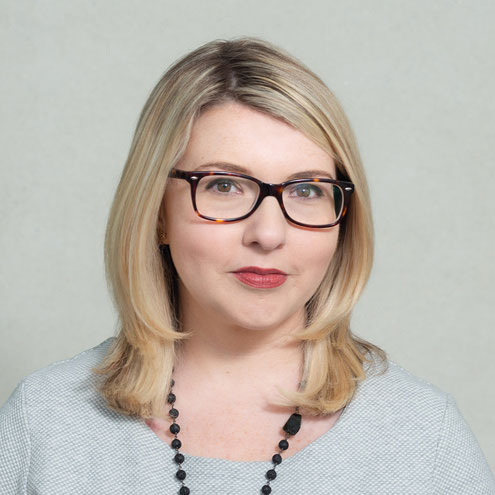 Jennifer Bringle is a writer, editor and cancer survivor. She has written about her experiences with the disease for HuffPost, SheKnows and Birchbox Magazine, as well as on her blog, Strange Trip (strangetrip.blog). She lives in Greensboro, N.C., with her husband and son.
Jennifer Bringle is a writer, editor and cancer survivor. She has written about her experiences with the disease for HuffPost, SheKnows and Birchbox Magazine, as well as on her blog, Strange Trip (strangetrip.blog). She lives in Greensboro, N.C., with her husband and son.

